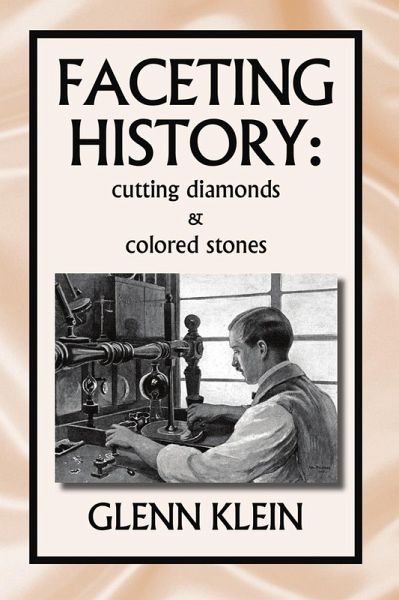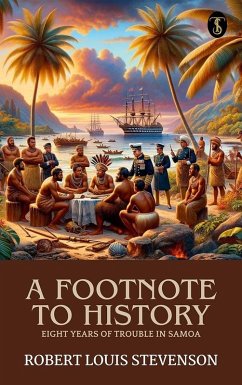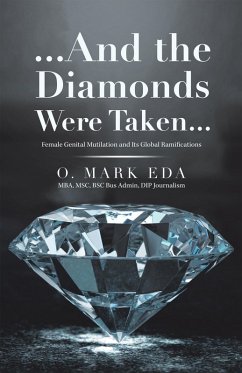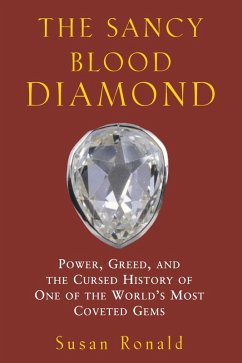
Faceting History: Cutting Diamonds and Colored Stones (eBook, ePUB)

PAYBACK Punkte
3 °P sammeln!
The author of, "FACETING HISTORY: CUTTING DIAMONDS AND COLORED STONES" has for a long time had a deep interest in learning how the early faceters (cutters) of diamonds and colored gemstones were able to complete their work. What methods did they use? What equipment did they have to make success possible? How soon did they discover how to complete the many phases necessary to accomplish their work? How did the equipment and methods differ between fashioning diamonds and faceting colored stones? These are just a few of the questions that the author wanted to find the answers for. In looking for ...
The author of, "FACETING HISTORY: CUTTING DIAMONDS AND COLORED STONES" has for a long time had a deep interest in learning how the early faceters (cutters) of diamonds and colored gemstones were able to complete their work. What methods did they use? What equipment did they have to make success possible? How soon did they discover how to complete the many phases necessary to accomplish their work? How did the equipment and methods differ between fashioning diamonds and faceting colored stones? These are just a few of the questions that the author wanted to find the answers for. In looking for answers to these and other questions, the author found that there were bits and pieces of information available in many previous books, but there was not a good book available that would answer most of his questions. Upon hearing the author¿s remarks about this fact, one of the librarians at the wonderful library located at the Gemological Institute of Americäs Carlsbad campus said that if such a book was not available, "maybe you should write the book!" Well, the author had been thinking of doing just that, but the remark caused the author to see the light and agree to get started on the project. Little did he know then that the project would require many months of eight hour days over seven day weeks to get the book completed. He decided to write a book that would answer these and other related questions that he had. The thought also occurred to him that such a book would be a valuable volume to be placed in libraries of individual faceters around the world. He realized that such a book would also be of great value to anyone who works behind a Jewelry store counter. A successful sales person is one who is knowledgeable about the products that they are selling. A book of faceting information would be extremely valuable if read and re-read from time to time. A customer in the Jewelry store will no doubt be favorably impressed by a sales presentation that is made with the use of interesting and informative information about diamonds and the various colored gemstones. The customer will be convinced that the sales person knows about what they are talking. The author has spent nearly three years on the project of researching the GIA library and other libraries, along with the extensive personal library of gemstone related books that he personally possesses. Many conflicting reports were noted in his study. He has made the statements in his book reflect the most commonly accepted opinions, of the most respected authors¿ works that he has found in his research. History is only obtainable from the earlier works of other authors. We cannot go back to the long past centuries ourselves, to see first hand what really happened and when it happened. A study of faceting history requires making the best choices of the information that is available. This completed book answers questions as to why the fashioning of diamonds was/is so different from the faceting of colored gemstones. The book compares the needed equipment and the methods that have brought the greatest successes. In addition, a great deal of other information connected to faceting is included. There are seven chapters in the book and there are over 125 photographs of the early equipment and methods that were used. The photographs show the faceters, the workroom conditions, and the tools and equipment that they used to complete beautiful and lasting gemstones. The book chapters are titled: An Introduction to Faceting, Early Man¿s Stone Appreciation, Diamond Fashioning Procedure and Equipment, Colored Stone Faceting Procedure and Equipment, The Evolution of Cut Designs, Famous and Historic Gemstones, Sources of Diamond and Colored Stone Rough, and lastly, Advances in Faceting Over the Past One Hundred Years. By books end, the reader will be well informed as to what is r
Dieser Download kann aus rechtlichen Gründen nur mit Rechnungsadresse in A, D ausgeliefert werden.













